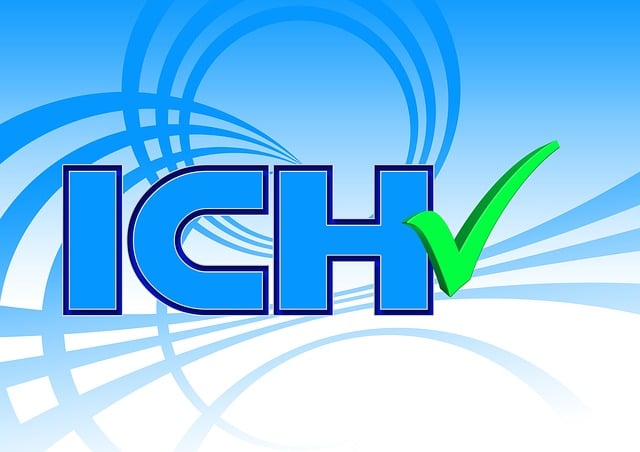Self-exclusion tools are digital mechanisms that allow individuals to voluntarily control access to online gambling platforms, promoting responsible gaming and preventing addiction, financial harm, and psychological distress. These tools foster transparency and accountability, setting boundaries, managing impulses, and reducing engagement in harmful behaviors. By customizing options, setting realistic goals, and seeking support, users can overcome challenges and cultivate healthier habits for long-term success.
Self-exclusion tools are powerful mechanisms designed to promote responsible gaming and personal control. In an era where digital access is unparalleled, these strategies play a pivotal role in helping individuals manage their gambling habits. This article delves into the understanding and implementation of self-exclusion tools, offering insights on effective strategies for personal control. We’ll also explore tips to overcome challenges, ensuring successful adherence to self-set limits.
- Understanding Self-Exclusion Tools: Their Role in Responsible Gaming
- Implementing Effective Self-Exclusion Strategies for Personal Control
- Overcoming Challenges: Tips for Adhering to Self-Set Limits
Understanding Self-Exclusion Tools: Their Role in Responsible Gaming

Self-exclusion tools play a pivotal role in promoting responsible gaming by empowering individuals to take control of their gambling habits. These tools allow players to voluntarily limit or altogether prevent themselves from accessing online gambling platforms for a specified period. By implementing self-exclusion, individuals can safeguard themselves from potential addiction, financial strain, and the psychological impact often associated with excessive gambling.
In today’s digital age, where gambling has become increasingly accessible via mobile devices and the internet, self-exclusion tools are essential components of a comprehensive responsible gaming strategy. They provide a means for gamers to establish boundaries, avoid triggers, and maintain a healthy relationship with wagering activities. Moreover, these tools offer a level of transparency and accountability, fostering a culture of responsible play within the industry.
Implementing Effective Self-Exclusion Strategies for Personal Control

Implementing effective self-exclusion tools is a powerful strategy for regaining personal control and fostering healthier habits. These tools are designed to help individuals set boundaries, manage impulses, and reduce engagement in behaviors or activities that may be harmful or detrimental to their well-being. By utilizing self-exclusion techniques, people can take proactive steps towards self-care and improvement.
One of the key benefits is the ability to disrupt negative patterns. Whether it’s limiting access to gambling sites, blocking excessive social media use, or restricting access to certain apps during work hours, these tools empower users to make conscious choices and avoid triggers. Many self-exclusion strategies offer customizable options, allowing individuals to tailor their approach based on personal needs and challenges. This level of customization ensures that the strategy remains effective and relevant over time, ultimately contributing to long-term success.
Overcoming Challenges: Tips for Adhering to Self-Set Limits

Overcoming Challenges: Tips for Adhering to Self-Set Limits
Implementing self-exclusion tools can be a powerful step towards achieving healthier habits and managing time effectively, but it’s not always straightforward. One common challenge is adherence—sticking to your self-set limits consistently. To overcome this, start by setting realistic goals and breaking them down into manageable chunks. For instance, instead of excluding all social media at once, begin with specific platforms or time slots. Gradually expand these restrictions as you build discipline.
Remind yourself of the reasons behind your decisions to exclude certain activities or digital tools. Visualize the benefits—like increased productivity or improved mental well-being—that come from adhering to your self-set limits. Additionally, seek support from friends or family who can hold you accountable and provide encouragement. Regularly reviewing your progress and making adjustments as needed will help ensure that your self-exclusion strategies remain effective and sustainable in the long term.
Self-exclusion tools are powerful resources in the realm of responsible gaming, allowing individuals to take control of their gambling habits. By implementing effective strategies, such as setting specific limits and utilizing blocking software, players can navigate the digital landscape with enhanced self-awareness. Overcoming challenges through education and support ensures that these tools serve as a game-changer for those striving for healthier gaming routines, fostering a vibrant and responsible gaming environment.






